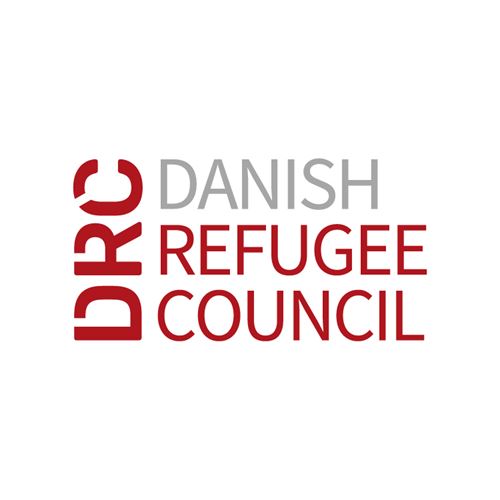Signatories
- Danish Refugee Council
- ActionAid
- Humanity & Inclusion/ Handicap International (HI)
- Norwegian Refugee Council
- Oxfam
- Relief International
Six aid agencies urge the international community to broker an immediate ceasefire in Gaza to save lives and prevent a major spillover in the Middle East.

Civilians in Gaza are in grave danger. The Israeli military operation and siege on Gaza has led to a humanitarian catastrophe that worsens every day. The relentless bombardment has displaced almost 1.9 million people and pushed them into confined areas with little shelter, food, and clean water.
The health system has collapsed in Gaza and outbreak of disease threatens more lives. Two months into the conflict, over 18,000 Palestinians, of whom 70 per cent are women and children, and over 1,200 Israelis and foreign nationals have been killed. Hostages remain in captivity.
Severe restrictions on aid have meant people in desperate need cannot be reached in Gaza. Humanitarians are trying to deliver assistance amid near impossible conditions. But the humanitarian system is at risk of total collapse in Gaza and as aid agencies we are unable to operate effectively and safely under the current conditions. So long as the fighting continues, there will be further loss of life, further widespread destruction, and further displacement.
Due to the dire situation, the United Nations Secretary General, for the first time in his tenure, invoked Article 99 of the UN Charter and called for a humanitarian ceasefire in Gaza.
His warnings of a complete collapse of the humanitarian system in Gaza and risks to regional peace and security must be heeded. However, the UN Security Council has so far failed to support a lasting ceasefire, with the U.S. vetoing the most recent resolution on Gaza.
We are witnessing and responding to humanitarian needs caused by an intensification of violence across the entire occupied Palestinian territory. By September 2023, the West Bank, including East Jerusalem, had experienced a surge in violence, compounded by decades of prohibited annexation, settler aggression, constraints on movement and access, and arbitrary detention.
Since 7 October, the situation has further deteriorated with a dramatic rise in violence where hundreds have been killed. Israeli forces have resorted to excessive lethal force, while state-armed settlers have intensified their attacks against Palestinians, leading to the forcible transfer of entire communities.
Each day the conflict continues, and civilians are killed, it brings with it the danger of a wider regional conflagration. The spread of violence is already occurring, and without urgent action, this could further worsen humanitarian suffering across the occupied Palestinian territory and the wider Middle East region.
A wider regional conflict would have a catastrophic impact on the millions of people across the Middle East, a region where millions are already displaced and impoverished.
An urgent and lasting ceasefire is crucial to prevent further loss of life and avert significant regional destabilisation. The international community has a responsibility to act now to save lives and maintain peace and security in the region.
/ Joint statement
The hostilities along the Lebanon and Israel border have led to the displacement of tens of thousands of people. In Lebanon, civilian casualties are rising. Some of the thousands of displaced are having to stay in emergency shelters including schools and overcrowded tented settlements.
Many have faced substantial rent increases amid growing demand for shelter across Lebanon. In a country reeling from its worst economic crisis in decades, a widened conflict will exacerbate humanitarian needs and devastate the population, including Lebanese and refugee communities.
In Syria, UN humanitarian aid flights have been disrupted following repeated airstrikes on Aleppo and Damascus airports. This comes amid a surge in hostilities in the north of the country and as humanitarian actors work to meet the highest levels of humanitarian needs since the crisis began.
In Yemen and Iraq, further hostilities threaten the fragile security and humanitarian contexts in both countries.
In Jordan and Egypt, the economic and social impact of this crisis increases the risk of destabilisation.
An urgent and lasting ceasefire is crucial to prevent further loss of life and avert significant regional destabilisation. The international community has a responsibility to act now to save lives and maintain peace and security in the region.
We call on the UN Security Council to urgently reconvene and pass a resolution which demands a sustained ceasefire, for parties to uphold their obligations under international law, for hostages to be released unconditionally and to create the conditions needed to enable humanitarian aid to reach civilians.